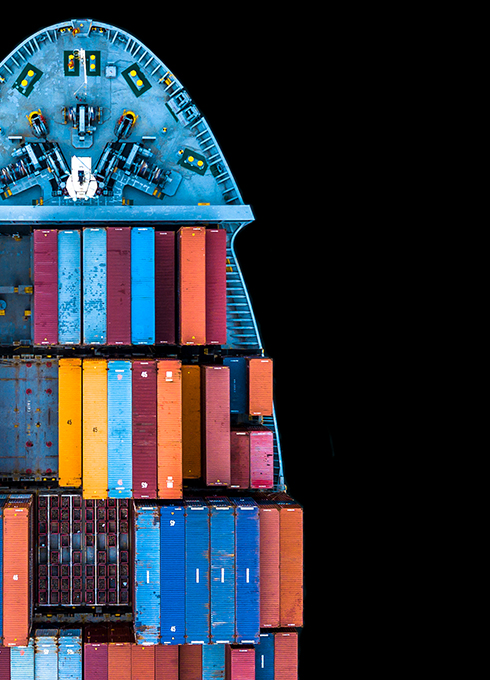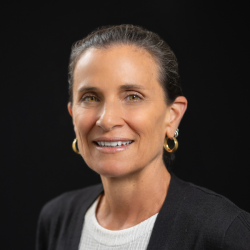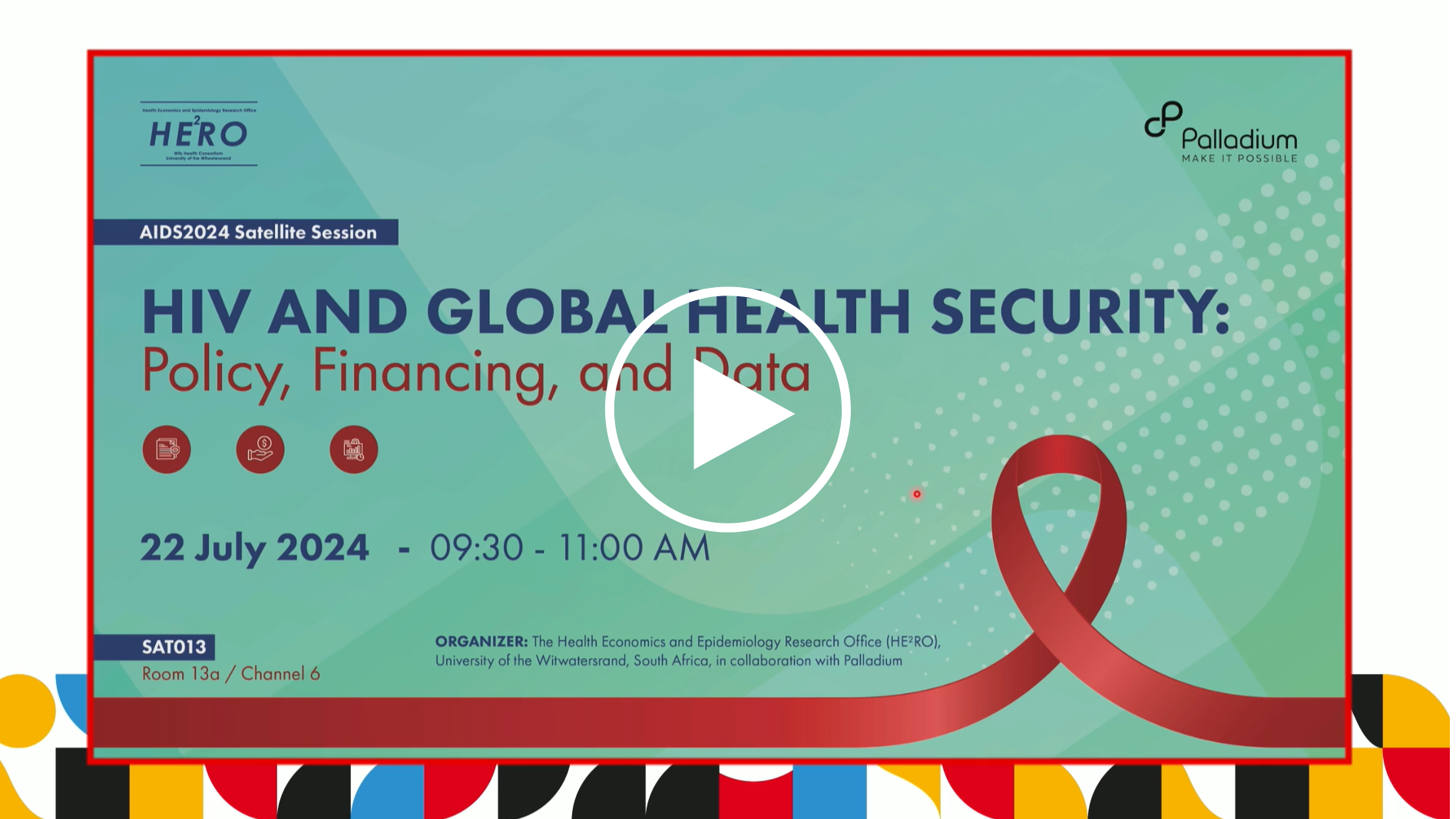The transition to a greener society sometimes seems at odds with the facilitation of improved trade arrangements. However, newly announced innovations such as the Green Special Economic Zones in Cambodia suggest otherwise.
In May, we invited Dmitry Grozoubinsky from the Geneva Trade Platform and Robin George from the Boston Consulting Group to our inaugural Palladium Conversation Series – A Convenient Truth: Climate Measures, Protectionism, and Development. This lively panel discussion was co-hosted by Ilmari Soininen and Lara Bott at our new London office.
Key Takeaways from the Event:
Trade discussions in politics today:
- There is a lot of political discussion on the global stage around trade – especially with the upcoming phase-in of the EU’s Carbon Border Adjustment Mechanism (CBAM), the EU’s tool to price the carbon emitted during the production of carbon intensive goods” imported to the regional bloc. However, the CBAM is expected to widely reduce trade flows; a joint study by the LSE Firoz Lalji Institute for Africa and African Climate Foundation forecasted CBAM to potentially knock off almost 1% of the continent’s GDP . Forging pathways to green supply chains – whilst minimising the disproportionate impact of economically poorer countries – has never been more important.
- On closer shores however, trade has not been a major topic of discussion in the upcoming UK elections. As such, the question on how the next UK government will manage the upcoming challenges of growing our significance and influence in greening global supply chains has yet to be answered.
Potential routes to manage the delicate balance between global climate action whilst easing open trade, particularly in countries dependent on a limited range of pollutant-heavy goods for export:
- On one hand, this is an urgent problem requiring immediate action, including mobilisation of private investment.
- On the other, it could be argued that a medium-term approach, in which the revenue from the immediate continuation of less ‘green’ industries is harvested to support a transition to climate friendly enterprises would reduce mass unemployment risks.
- Regardless, it is critical that when conducing cost/benefit analyses, we recognise the cost of inaction on the climate. An impact assessment of the 2022 floods by the Government of Pakistan estimated total damages at nearly USD $15bn . These floods were ‘supercharged’ by exceptionally heavy monsoons, worsened by climate change .
What’s stopping us?
- In the political sphere, governments tend to focus on the short term. Extensive climate friendly trade regulations can be expensive, and public purses are tight. At the same time, benefits of such interventions can be opaque to the electorate.
- Similarly, companies are often constrained in their motivation to invest in the technology to increase supply chain transparency due to the ‘short termism’ of shareholder expectations.
Let’s take this back to actionable business. What are some key actions that should happen in the short term to green supply chains, that support – and don’t exclude – less economically developed countries?
- There needs to be realistic discussions of the mechanics of reporting carbon pollution transparency and compliance to minimise potential negative externalities for businesses. The World Trade Organisation should engage closely with the EU on the CBAM to have technical conversations on what this would look like in practice.
- Promoting specific interventions, such as the recently announced Green Special Economic Zones in Cambodia. With the support of extensive private and foreign investment, these will help countries develop economies of scale for goods production with lower carbon emissions.
Resources

Our experts and practitioners are on hand to take this Palladium Conversation forward into action.







































